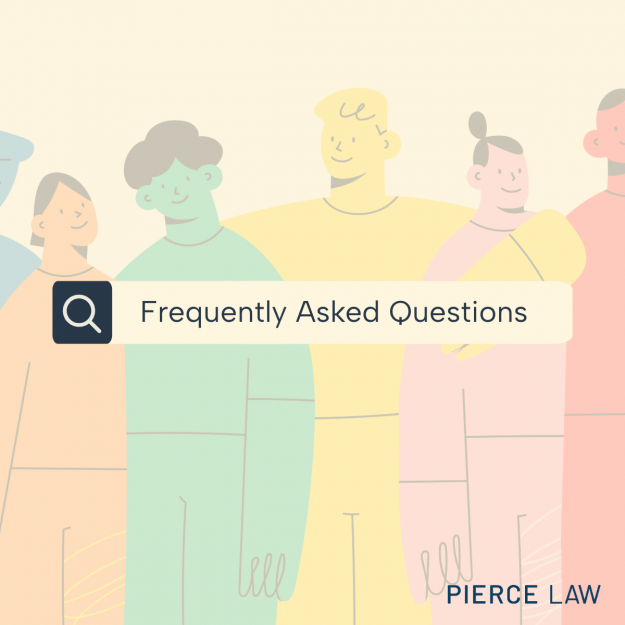How can proactive estate planning prevent disputes over remains and assets?
Detailed Answer Proactive estate planning lays out clear instructions for both your final arrangements and the distribution of your property. By putting your wishes in writing now, you avoid uncertainty that often leads to family conflicts. You also give your personal representative a roadmap to follow. First, draft a valid last will and testament. A…

